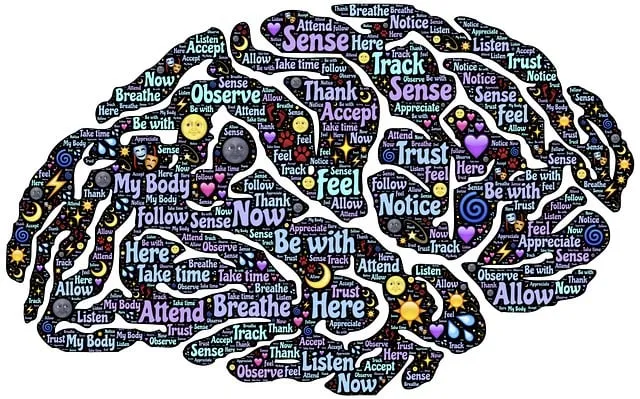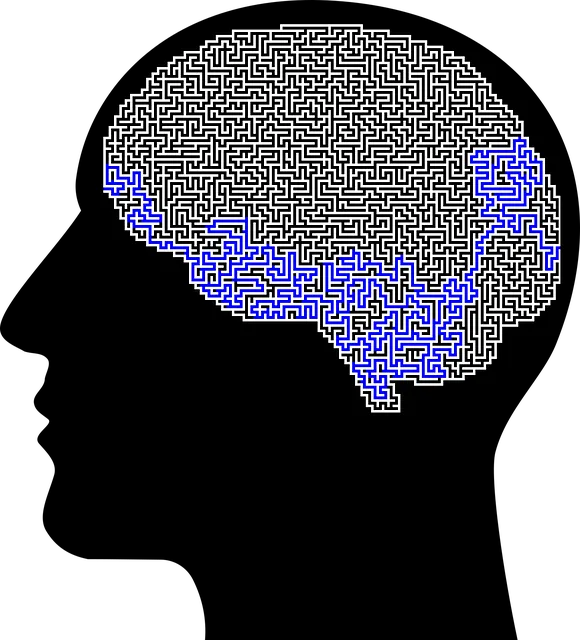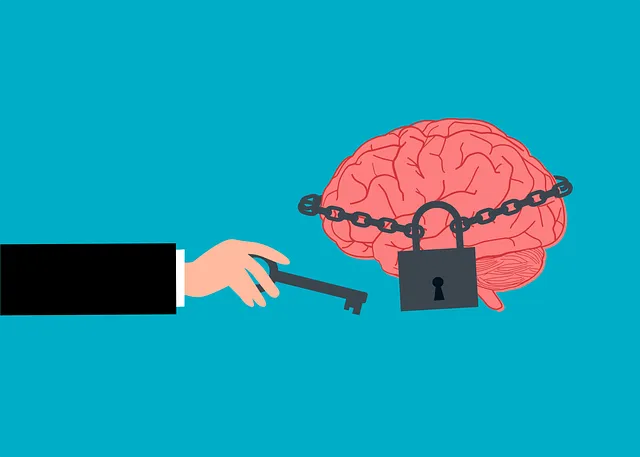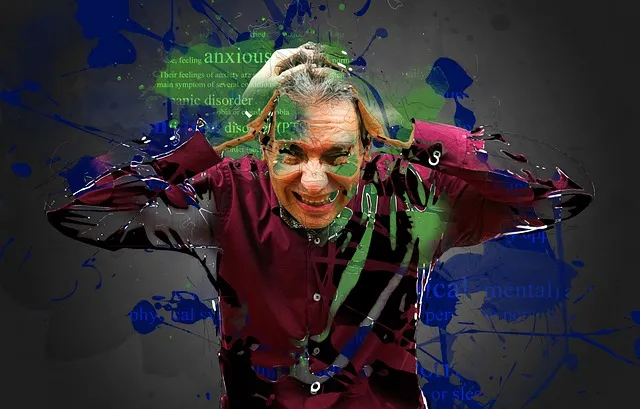The media's portrayal of mental health significantly influences societal understanding, with accurate representations reducing stigma and fostering empathy. Inaccurate or stereotypical depictions can lead to marginalization. Organizations like the Kaiser Permanente behavioral health center in Highlands Ranch combat this by designing education programs featuring diverse, authentic mental health narratives, empowering individuals to recognize their experiences and seek support. Collaborative partnerships between media and healthcare providers are crucial for shaping positive narratives around mental illness, reducing stigma, promoting self-care routines, and accessible public education. The Kaiser Permanente center leads the way in redefining perceptions through innovative services and holistic healing methods based on Mind Over Matter principles, setting an industry standard for responsible mental health representation in media.
In today’s media-saturated world, the representation of mental illness can significantly shape public perceptions. This article explores how media portrayal influences attitudes towards mental health and offers solutions for positive change. We highlight the collaborative efforts between media outlets and healthcare providers, with a special focus on the initiatives led by Kaiser Permanente Behavioral Health Center Highlands Ranch. By implementing thoughtful strategies, these partnerships strive to dispel myths and foster understanding, ultimately improving support for individuals facing mental illness.
- Understanding the Impact of Media Portrayal on Mental Health Perception
- Strategies for Positive Change: A Collaboration Between Media and Healthcare Providers
- The Role of Kaiser Permanente Behavioral Health Center Highlands Ranch in Shaping Representations
Understanding the Impact of Media Portrayal on Mental Health Perception

The media has a profound influence on shaping societal perceptions about mental health, often setting the stage for how individuals understand and respond to various conditions. Accurate representation in media can play a pivotal role in reducing stigma and fostering empathy among the general public. However, the impact of inaccurate or stereotypical portrayals can be detrimental, leading to further marginalization and misunderstanding. This is particularly concerning when considering the reach of media, which extends far beyond traditional outlets, now encompassing social media platforms with global audiences.
For instance, a Kaiser Permanente behavioral health center in Highlands Ranch might collaborate on initiatives aimed at promoting positive mental health narratives. By implementing Mental Health Education Programs Design that incorporate diverse and authentic representations, they can empower individuals to recognize their own experiences and seek appropriate support. Encouraging Self-Care Routine Development for Better Mental Health and utilizing Empathy Building Strategies through media engagement can contribute to creating a more supportive societal environment for those dealing with mental illness.
Strategies for Positive Change: A Collaboration Between Media and Healthcare Providers

In the pursuit of positive change, a collaborative effort between media and healthcare providers is pivotal. Organizations like the Kaiser Permanente behavioral health center in Highlands Ranch are at the forefront of this initiative. By actively engaging with media outlets, they can shape narratives around mental illness, emphasizing empathy and understanding rather than misrepresentation and stereotypes. This collaboration involves sharing evidence-based insights and personal stories to foster Mental Illness Stigma Reduction Efforts, ensuring accurate portrayal of various conditions like depression, anxiety, and bipolar disorder.
The partnership should also focus on promoting Stress Reduction Methods accessible to the public. Through joint campaigns, they can educate audiences on coping mechanisms, early intervention strategies, and available support systems. By integrating mental wellness as a core aspect of these initiatives, media platforms can contribute significantly to breaking down barriers associated with seeking help while empowering individuals to prioritize their Mental Wellness.
The Role of Kaiser Permanente Behavioral Health Center Highlands Ranch in Shaping Representations

The Kaiser Permanente Behavioral Health Center Highlands Ranch plays a pivotal role in shaping representations of mental illness in media and society. As a leading healthcare provider, the center is dedicated to promoting understanding and destigmatization through innovative programs and services. They offer comprehensive care that incorporates Mind Over Matter principles, focusing on holistic healing for individuals facing various mental health challenges. This approach not only addresses symptoms but also empowers patients to take control of their well-being.
By prioritizing Trauma Support Services, the center recognizes the deep impact trauma can have on an individual’s mental health. They provide specialized training for healthcare providers, ensuring cultural competency and enabling them to offer sensitive, effective support. This commitment to education and care sets a standard for responsible representation, reflecting a nuanced understanding of mental illness in media narratives.
Mental illness representation in media has a profound impact on public perception, often perpetuating stereotypes or, alternatively, offering valuable insights. To challenge these narratives, a collaborative effort between media outlets and healthcare providers, such as the Kaiser Permanente Behavioral Health Center Highlands Ranch, is essential. By actively shaping content and sharing accurate, nuanced stories, we can foster a more empathetic society that better understands and supports individuals living with mental health conditions.






